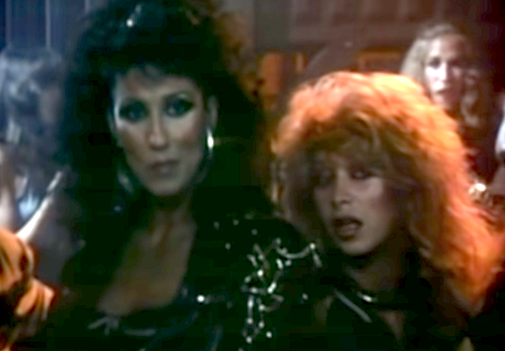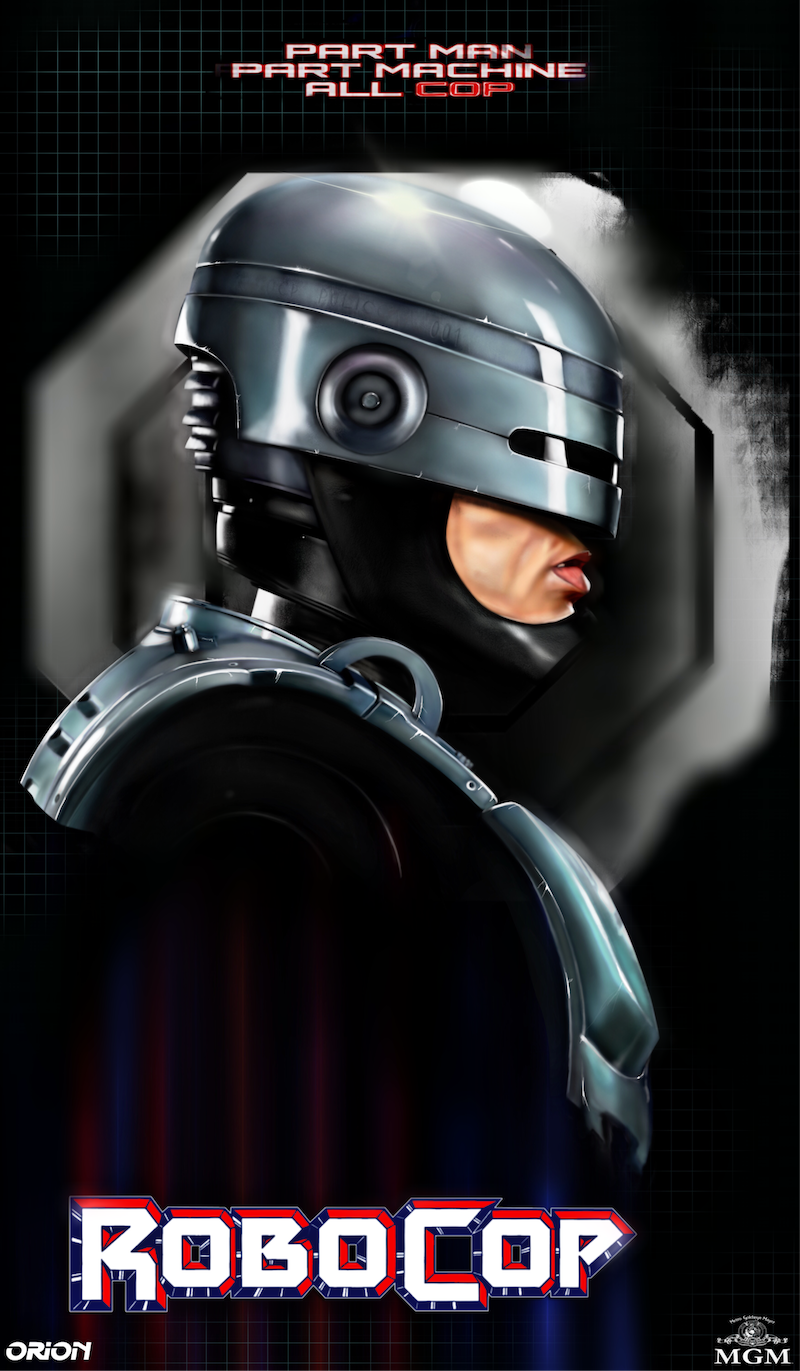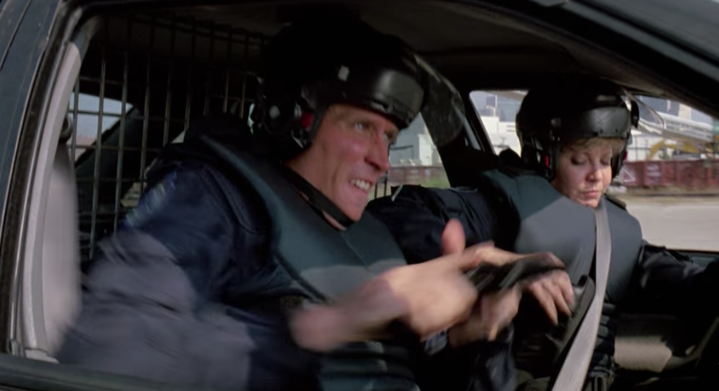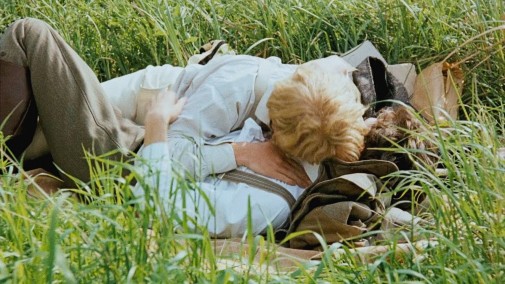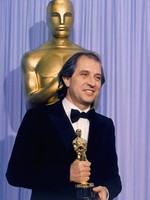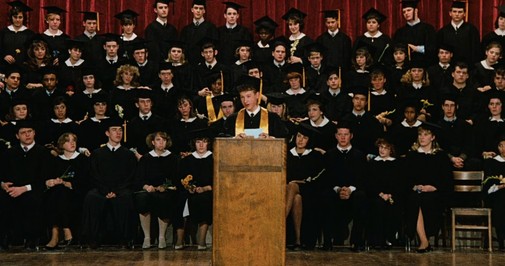1987: Carmen Maura in "Law of Desire"
 Wednesday, November 18, 2020 at 9:00PM
Wednesday, November 18, 2020 at 9:00PM Each month before the Smackdown, Nick Taylor considers alternates to Oscar's ballot...
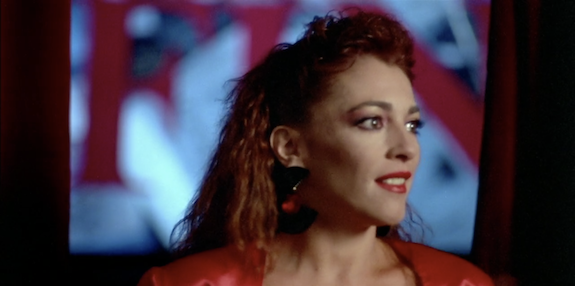
I bet Pedro Almodóvar's filmography would be a fun one to watch in order. His visual ideas and narrative fascinations recur throughout his films, yet his deployment and examination of them take on different textures at different points. Murder, art, cinema, romantic passion, heartbreaking yet inextricably devoted family ties, queerness, as filtered through the generic keys of farce, melodrama, and thriller, it’s all there from his earliest works to last year’s tremendously moving Pain and Glory, each film recognizably guided by the same hand. There’s great fun to be had in watching different stylists and performers interpret Almodóvar’s very tricky vision, and no collaboration largely specific to the earliest stages of his career is quite as gratifying as Carmen Maura’s heroic work with him throughout the ‘80s.
Granted, I’ve only seen three of their six collaborations in this era - What Have I Done to Deserve This?, Law of Desire, and Women on the Verge of a Nervous Breakdown - so if the first few aren’t up to snuff I’ll amend this. But those films are colorful, highwire efforts whose successes are as much the result of Almodóvar’s inspired writing and direction as Maura’s brilliant acting. Law of Desire provides her the least farcical, most dramatic role of this trio, as well as the only instance where she’s not the main character...



